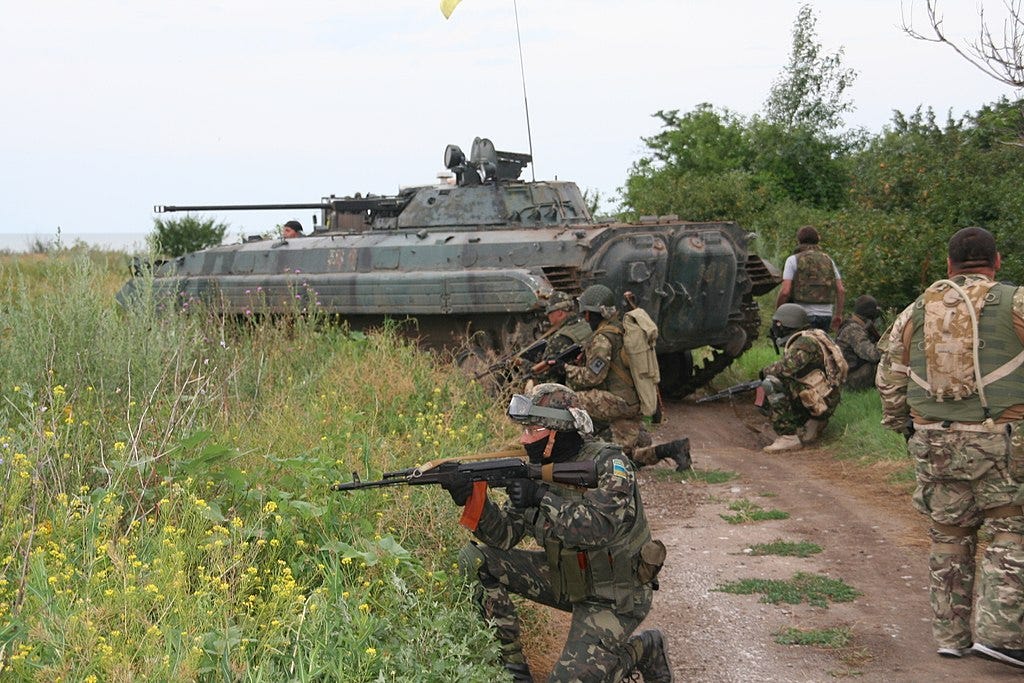
15 DECEMBER—Lord Hastings Lionel Ismay famously said that the North Atlantic Treaty Organization was created to “keep the Soviet Union out, the Americans in, and the Germans down.” Ismay made this remark in 1949, prior to becoming the organization’s first secretary-general in 1952. After the intervening decades of shifting geopolitical realities, it is fair to say that NATO has long outlived its initial raison d’être. The Soviet Union is gone, America’s defense concerns have shifted toward Asia, and a reunified Germany is again the dominant (economic) power in Europe. Is it time to bid this relic of the Cold War adieu?
As early as 1993, even committed Atlanticists such as former Senator Richard Lugar argued that NATO must go “out of area or out of business.” Closer to our time, Donald Trump, while ungifted with wisdom, declared NATO an outdated relic during his 2016 political campaign. Emmanuel Macron subsequently termed NATO “brain dead” in a noted interview with The Economist. It is a position the French president appears still to hold.
Out of business when Lugar raised the matter in the 1990s might have been the better way to go, given today’s mounting tensions between NATO and Russia. Of course, many powerful financial beneficiaries of great-power competition, chiefly U.S. and U.K. defense contractors, would have lost out had NATO dissolved itself. They certainly had no interest in turning off a seemingly perpetual money spigot.
And so, amid barely a hint of public debate but widespread, suppressed misgivings, what was once a major contributor to global security has increasingly become an instrument of international instability, as NATO has expanded steadily eastward.
“What’s the point of NATO today?” is not a question deemed worthy of a serious hearing in the corridors of power. Likewise, analyses of the escalating conflict in Ukraine are devoid of any historic context. The Western press performs less as a disseminator of news than a Pentagon PR machine that continues to confuse cause and effect when it comes to reporting on the increasingly fraught relations between Washington and Moscow. This conceptual confusion has been particularly evident in the aftermath of last week’s video summit between Presidents Biden and Putin. The coverage consisted of almost universal praise for Biden’s tough talk while according no legitimacy to Russian security concerns.
This intellectual laxity—in the administration, at NATO headquarters in Brussels, in the Western press—bears a significant price. The missed reality, in my view, is that Ukraine stands a good chance of marking the beginning of NATO’s eventual demise: It can’t go in on Kiev’s behalf and Ukraine’s accession to membership is highly unlikely. It is along Ukraine’s borders, then, that the alliance will reach the fence posts marking its limits. It is there, in short, that NATO loses is 69–year war for Atlantic supremacy.
Keep reading with a 7-day free trial
Subscribe to The Floutist to keep reading this post and get 7 days of free access to the full post archives.



